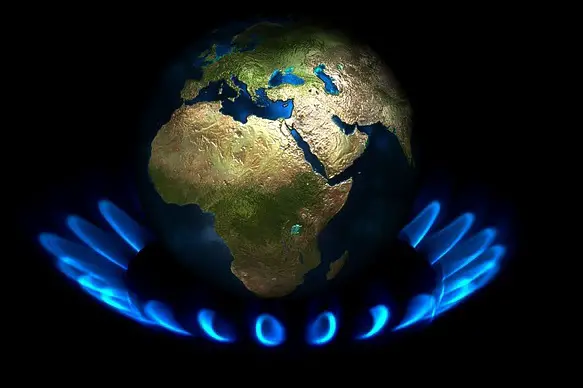In a report published Thursday, the UK government-sponsored Committee on Fuel Poverty said that increasing fuel poverty as energy priced surged, led many households in the UK to engage in energy rationing over the winter, and that this had negatively impacted the health and well-being of the household members involved.
The report detailed that during the winter, many households could not afford to heat their homes, and that this produced tremendous amounts of rationing of energy across the UK. As a result, in an attempt to stay warm, citizens used, “improvised fuels,” such as clothes, books, and garbage waste, as well as alternative means of lighting such as candles.
According to the data, the number of households in which the prepayment meter was not topped off in 2022 was higher than in the entire previous decade combined, with some fuel-poor families left “self-disconnected,” allowing their energy meters to run out.
The report said, “The cost of living crisis, and concurrent increases in energy costs, has led to a substantial increase in the number of households in arrears on energy bills, both in gas and electricity.”
Many British households fell back to the use of alternative heating strategies, such as the use of electric blankets, or hot water bottles.
The study noted, “Some fuel poor households have resorted to more extreme coping strategies to ration their energy use, compromising their health, wellbeing and, in some cases, safety.”
The report found that 57% of adults who self reported rationing energy usage felt that the reduction in heating their home had affected their health and well-being.
The data also showed that roughly 800,000 elderly people left their homes in January of 2023 to seek a warm environment elsewhere. Roughly 60% of adults used less electricity and gas over the winter, as 43% reported reducing their use of their tumble-dryer, and 42% reporting they used their washing machines less often.

